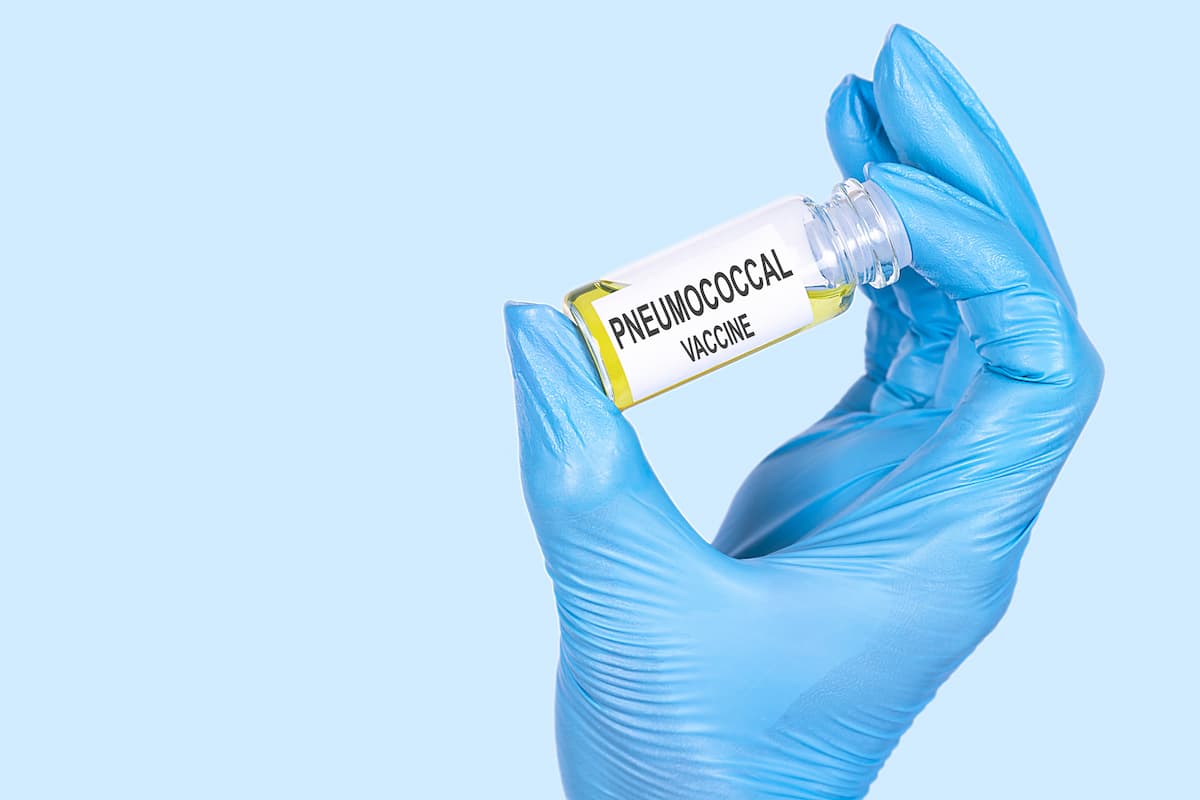Article
Do Speedy Prescription Guarantees Compromise Safety?
Advertising campaigns promoting the speed at which pharmacies dispense prescriptions are detrimental to patient safety, says the ISMP.
By Kate H. Gamble, Senior Editor
During the past few weeks, a number of physician bloggers have raised concerns about advertisements that promote and reward the speed at which community pharmacies dispense prescriptions.
Now, the Institution for Safe Medication Practices (ISMP) is getting involved by asking the National Association of Boards of Pharmacy (NABP) for support in discouraging speed as a primary marketing tool for pharmacy services.
“ISMP believes that prescription guarantees help promote the idea that the dispensing of medications is a ‘quick in and quick out process’ concerned only with counting tablets,” according to a statement. The organization “finds it unacceptable to hold pharmacists to an unrealistic timeframe that can lead to medication errors.”
Rite Aid Corporation advertises a “15-Minute Prescription Guarantee” where up to 3 new prescriptions will be dispensed within 15 minutes or less. If a pharmacy fails to meet the mark, the customer receives a gift card. A number of other chains as well as independent pharmacies have also initiated advertising campaigns that offer similar guarantees to motivate customers.
The problem with these claims, according to ISMP, is that they can jeopardize public health by putting pressure on pharmacists to work as quickly as possible and discouraging them from checking the patient’s history and drug profile; verifying that the prescribed dose and directions for use are safe for the patient; checking for possible drug interactions or duplications and other drug use evaluation concerns; calling physicians’ offices for clarification; and educating patients about the proper use of prescriptions.
And patients, according to ISMP, have noticed. The organization has received reports about serious medication errors in community pharmacies where the pharmacist seemed so rushed that work could not be thoroughly checked.
A number of pharmacists have also expressed concerns, according to ISMP President Michael Cohen, who wrote in a recent blog that pharmacists “hate being rushed and feeling forced to cut corners” to meet “unrealistic” demands.
When pharmacists are given ample time to review each prescription, they are more likely catch an error made by a physician and avoid making a mistake when filling a prescription, he wrote. On the other hand, “a rushed pharmacist may never have a chance to do more than quickly find the drug on the pharmacy shelf, count out the number of doses to fill your prescription, print out a label and place it on the bottle, and put the bottle in a bag for pick-up.”
ISMP plans to petition the state licensing boards of pharmacy to help limit “unrealistic promises to consumers to fill prescriptions within timeframes too short to ensure safety.”
It is also requesting that NABP “explore and assist members in employing methods to eliminate inducements to consumers that insinuate or promise prescriptions will be dispensed within timeframes that may compromise patient safety.”
To read the letter to NABP, click here.

FDA Approves Dupilumab, Marking First Targeted Therapy in a Decade for Chronic Spontaneous Urticaria




